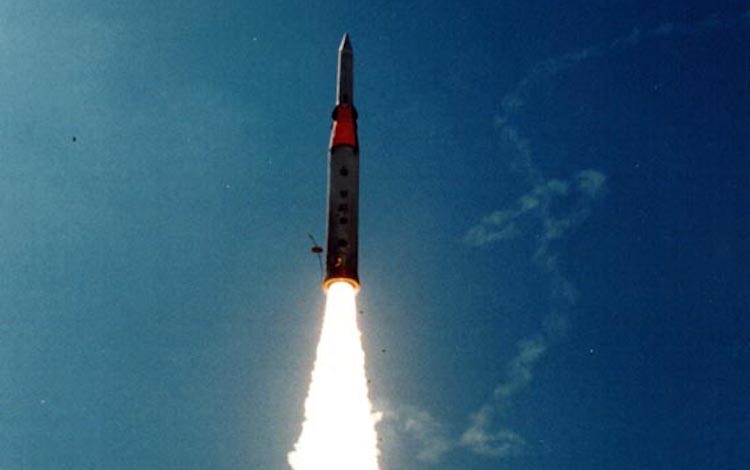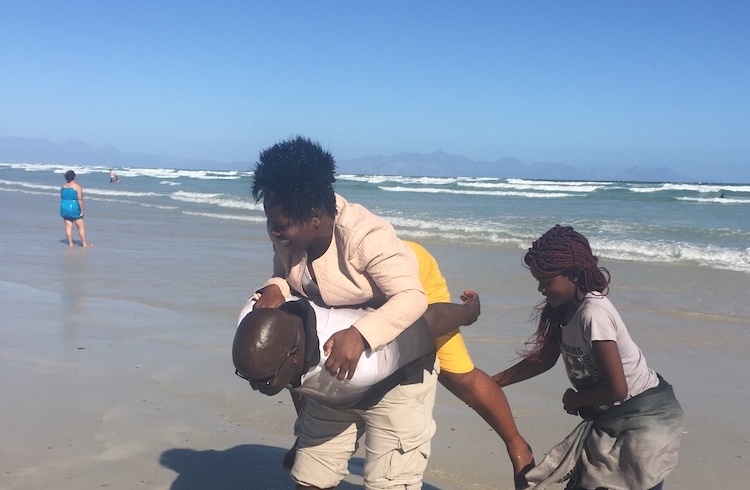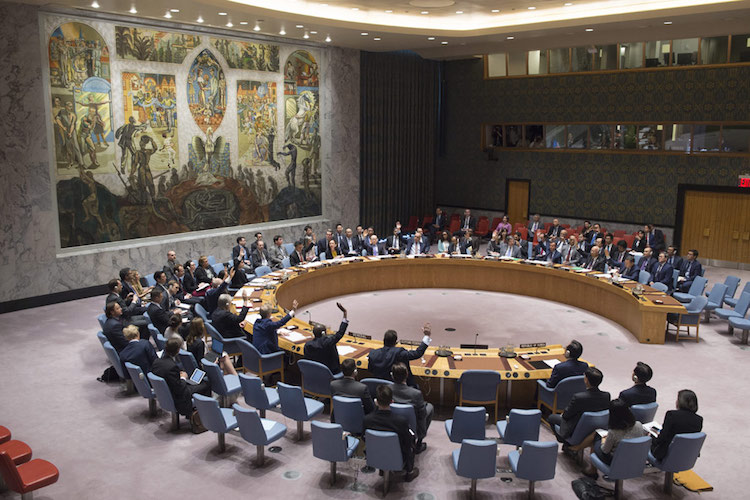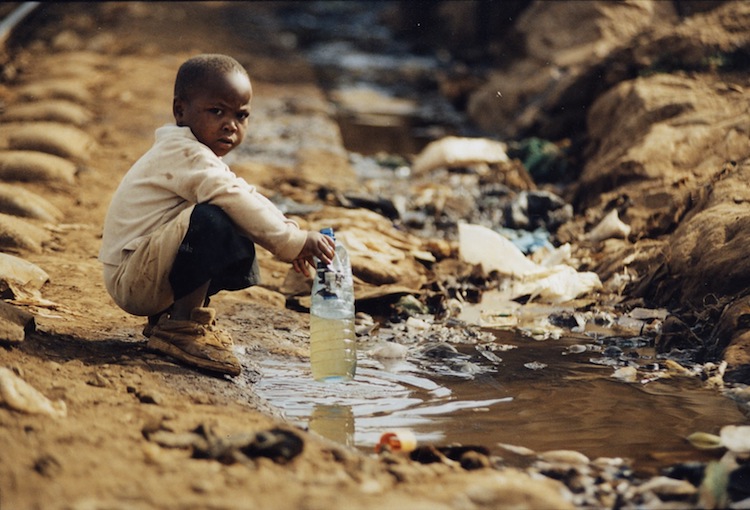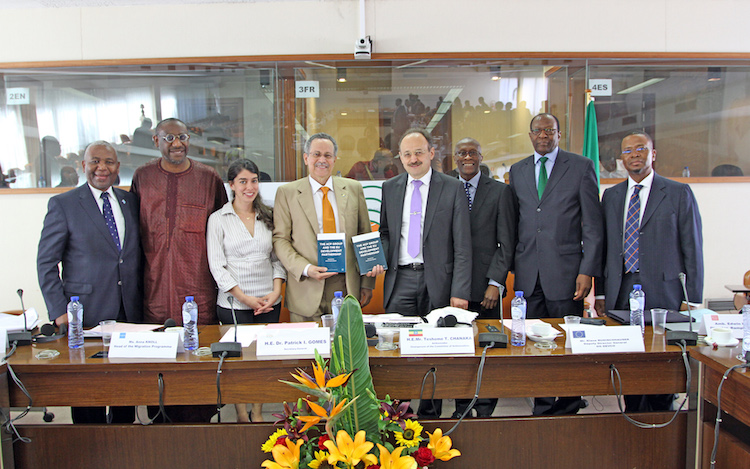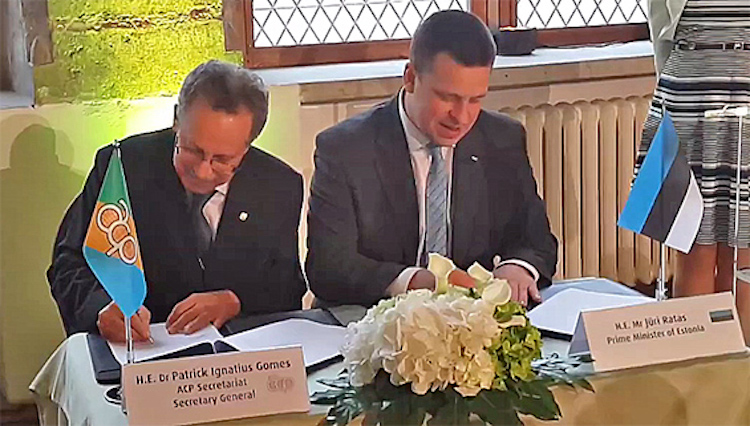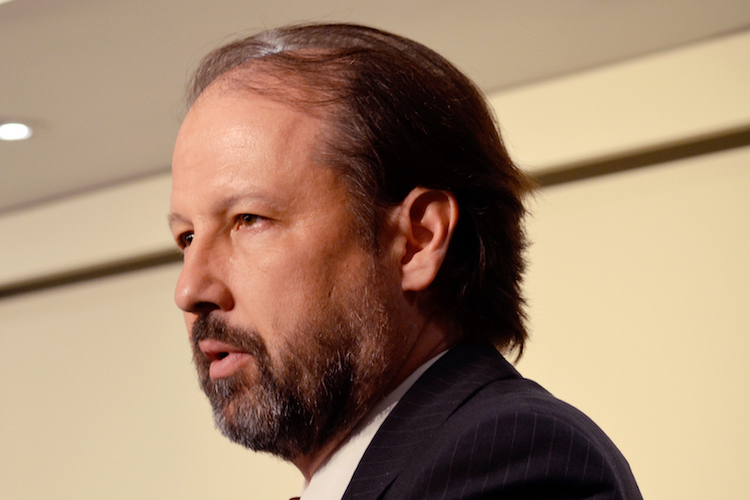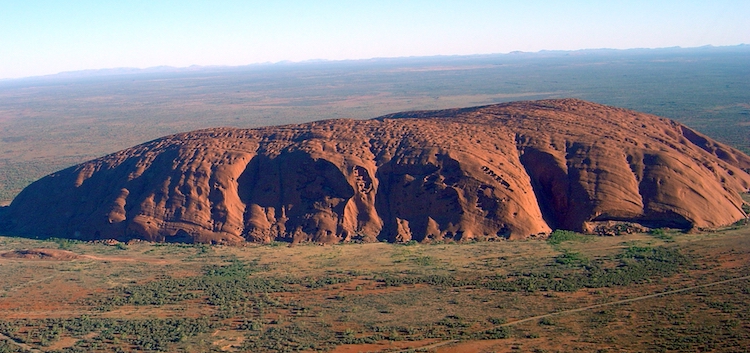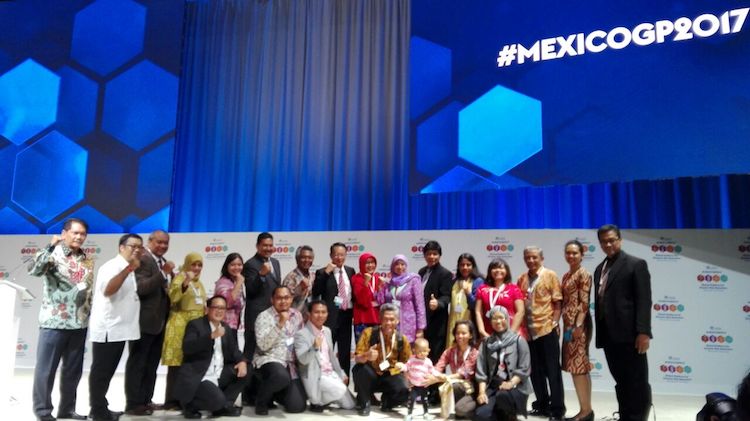Viewpoint by Jonathan Power*
LUND, Sweden (IDN-INPS) – It was all smiles out on the range when, against a deep blue sky, an American interceptor rocket took out on May 30 an incoming “enemy” long-range, missile (which in a real attack would be carrying a nuclear warhead). Generals and Congressmen and women jumped for joy.
But what was there to be joyous about? Over the decades of the Cold War the nuclear deterrent was supposed to be the instrument that kept the peace. MAD, it was called- Mutually Assured Destruction.

